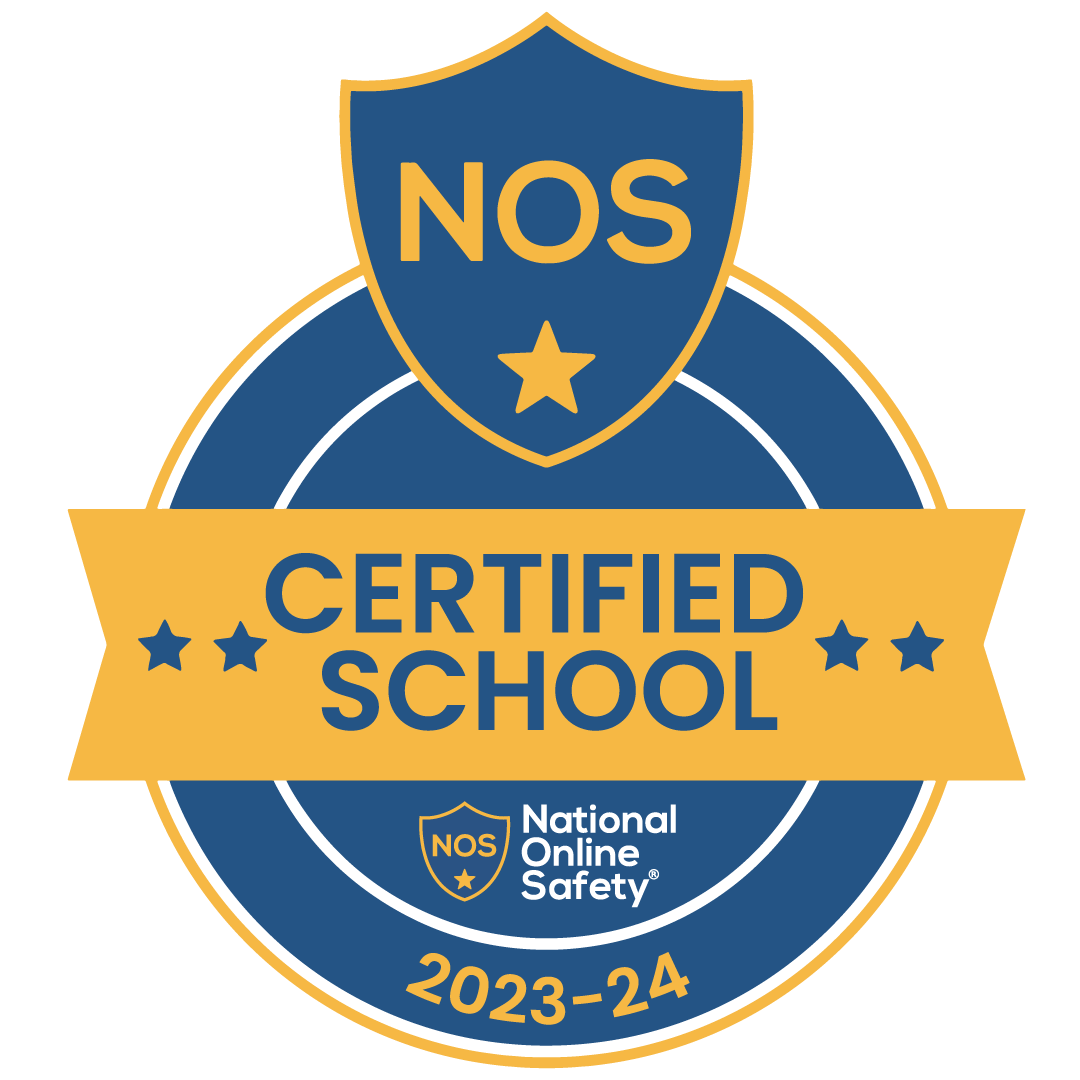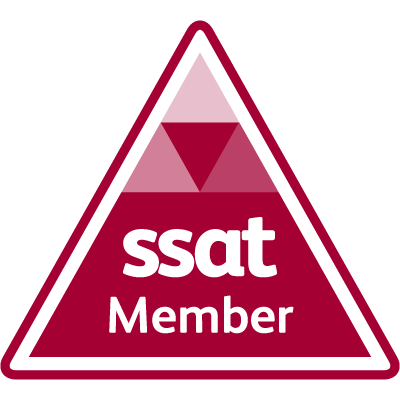Measuring and Assessing the Impact of the Careers Programme at New Line Learning
The careers programme in New Line Learning Academy is designed to provide students with a comprehensive understanding of potential career paths, equip them with essential skills for the future workforce, and ensure they are well-informed when making decisions about their post-secondary education or employment options. The impact of the careers programme will be measured and assessed through both qualitative and quantitative methods, ensuring that the programme effectively supports student development and enhances career readiness.
- Student Engagement and Participation: The level of engagement in careers-related activities, such as career fairs, workshops, guest speaker sessions, and work experience placements, will be tracked. We will collect data on student participation rates and monitor attendance at key events. This will provide insights into how actively students are engaging with career-related opportunities and resources.
- Student Feedback: Surveys and focus groups will be conducted to gather student feedback on their experience with the careers programme. Students will be asked to reflect on how the programme has influenced their understanding of career options, their confidence in making career decisions, and the relevance of the information provided. This qualitative data will help assess the perceived value of the programme from the students' perspective.
- Teacher and Staff Feedback: Teachers and school staff who are involved in delivering career education will also provide feedback on the effectiveness of the programme. This can include their observations of student progress, improvements in career decision-making, and the integration of career-related skills into their overall academic development.
- Progression and Outcomes: Tracking students’ post-secondary outcomes will be a key measure of the programme's impact. This includes monitoring the percentage of students who pursue further education, apprenticeships, or direct employment after graduation. Data on students’ choices for higher education, vocational training, or employment can provide a direct link between the careers programme and successful transitions into adulthood.
- Skills Development: The programme will also be assessed based on how well it supports the development of key employability skills such as communication, teamwork, problem-solving, and resilience. Assessment tools like self-assessment surveys, teacher assessments, and work experience evaluations will be used to track improvements in these areas over time.
- Employer and Partnership Feedback: Collaboration with local businesses and organizations plays a critical role in enriching the careers programme. Feedback from employers who participate in work experience placements, mentoring, or employer-led sessions will be collected to assess the effectiveness of these partnerships. Employers will be asked to evaluate students' preparedness, work ethic, and professional behavior during placements.
- Long-Term Impact: To ensure the long-term effectiveness of the careers programme, a longitudinal study will be conducted to track the career paths of students several years after graduation. This data will provide valuable insights into how well the careers programme has equipped students or long-term career success and adaptability in the workforce.
Through these assessment methods, the careers programme will be continuously refined and improved to ensure that it meets the needs of all students and provides them with the tools and knowledge necessary to succeed in their future careers.





 Future Schools Trust
Future Schools Trust





